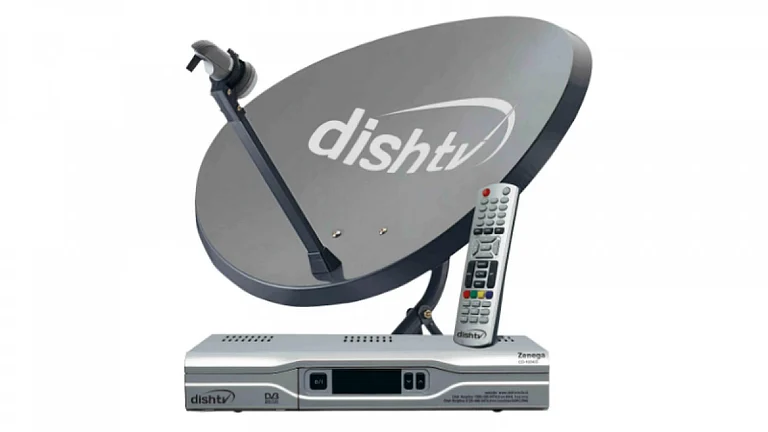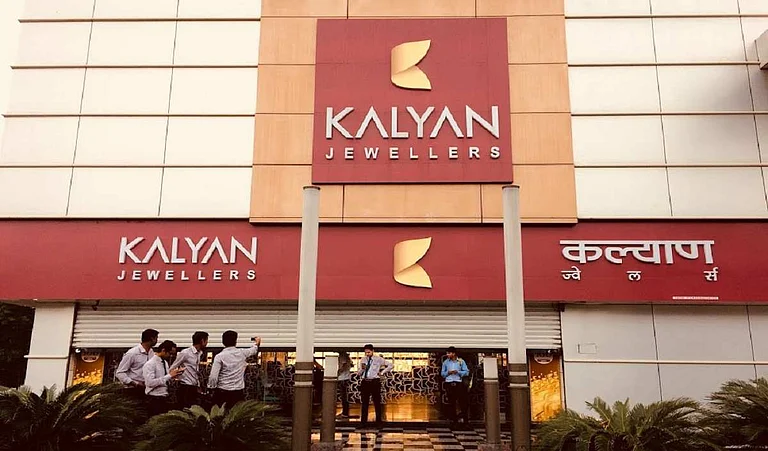It takes a village to raise a child. A nation to raise a champion.
Hours after 22-year-old shooter Manu Bhaker won bronze at the Paris Olympics on Sunday, Union Sports Minister Mansukh Mandaviya told the media that Bhaker’s win was a “product of the ecosystem created by Khelo India”. He further said that around Rs 2 crore was spent on training Bhaker ahead of the Olympics and that she spent time in Australia and Switzerland. Adequate resources were deployed so that Bhaker could choose the coach she wanted, the minister added.
Before the Olympics, Bhaker was seen in a video made by JSW Sports—the sporting arm of the JSW Group. The video, part of a campaign called Rukna Nahi Hai demonstrated how ephemeral sporting success is and attempted to inspire those representing India at the Games to not stop trying, irrespective of the result.
All this splendour around the Olympics is new in India, as is the immediate talk of money. Through the years, Indian sportspeople competing at the highest stage have had complaints about the state of infrastructure and resources. The situation is changing, even if it has not changed already.
In the Union Budget for the 2025 fiscal, the government has increased support for the National Sports Federation by Rs 15 crore, awarded the Sports Ministry Rs 900 crore for Khelo India, and raised the Budget for the Sports Authority of India by over Rs 26 crore to Rs 822 crore.
India’s biggest corporate groups are also playing a more and more significant role in aiding sportspersons realise their ambitions. A report published in Economic Times citing numbers from Prime Database shows Indian companies are spending around Rs 248 crore a year from their corporate social responsibility (CSR) funds.
The report further says that Reliance Industries, Tata Steel, IOCL, ONGC and Hindustan Zinc have been consistent spenders in sports between the fiscals 2019 and 2022 with Reliance being the top-spender.
In a story published in the July issue of the Outlook Business magazine called ‘The Games We Play’, we discovered that the culture of sports and sports funding in India was changing quickly. Mustafa Ghouse, a tennis ace himself and founder of sports-led venture capital firm, Center Court Capital told the magazine: “The number of corporate groups involved in sports or are using their CSR budgets for the growth of sports has gone up 10–15 times in the past 5–7 years.”
The Economics Times report cited above said that corporate spending on sports is likely to see a strong rise over the next few years.
India today is not only the world’s most populous nation but also the youngest. The country has seen consistent economic growth through the last decade. This right now has to be India’s moment in the sporting arena before the country loses its demographic dividend. India’s achievements in sports except cricket leave much to be desired but the situation is quickly changing.
































